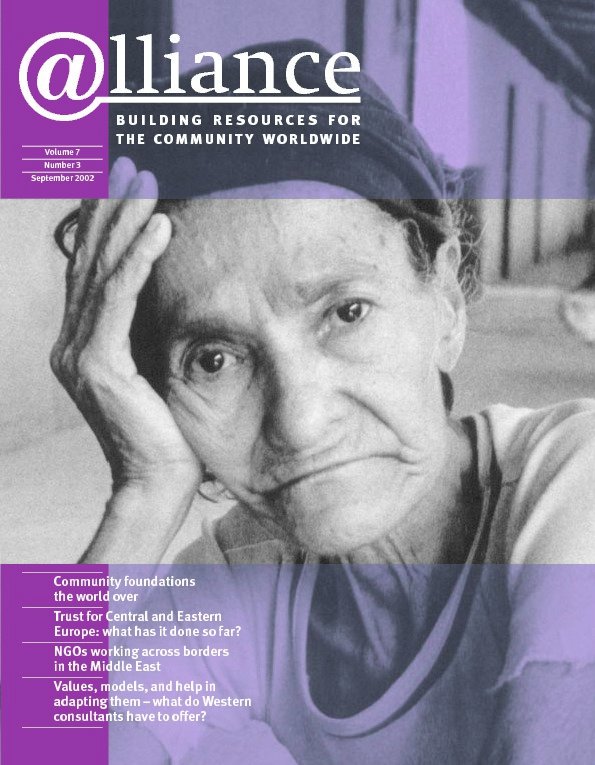The Philippine Council for NGO Certification (PCNC) had evaluated 66 NGOs by the end of September this year. Of these, 49 have been certified and seven denied certification. In some cases certification has been deferred pending compliance with the recommendations of the three-member team that visited the organizations.
NGOs were evaluated and rated in six areas: Vision, Mission, Goals; Governance; Administration; Programme Operations; Financial Management; and Networking. The area that carries the most weight is Financial Management, which requires that internal control measures are in place and that the organization is transparent and accountable for the funds that it receives.
The evaluators are top NGO officers who have been trained by PCNC and who volunteer their time. They visit applicant organizations for two days, reviewing documents, interviewing board members, staff and beneficiaries, and visiting project site(s). They then submit their findings to the PCNC Board, together with their recommendation on whether the evaluated organization should be certified or not. It is the PCNC Board that makes the final decision and endorses the certified organization to the government (Bureau of Internal Revenue), which in turn grants the certificate of donee institution (DI) status to the applicant.
DI status allows donors to deduct donations from their taxable income and gives exemption from donor’s tax. It thus directly benefits the donor and indirectly benefits the donee in that the tax incentive may attract more local donations. NGOs granted DI status by government prior to the establishment of PCNC still have up to December 2001 before they need apply to PCNC for certification if they wish to remain qualified donee institutions.
The PCNC Board, initially drawn from six NGO networks, has now taken in new members elected from the newly certified organizations, the policy of PCNC being to share its governance with the PCNC membership.
The PCNC evaluation tool is still a work in progress and is undergoing further refinement by the Evaluation Committee. There is an ongoing debate in the PCNC Board on what constitutes the public good, and the working relationship with the Bureau of Internal Revenue can still be improved. Penetrating the wider NGO community remains a great challenge. But so far feedback is positive. Those evaluated have found the recommendations helpful in strengthening their organizations and the evaluators have learned from the experience of visiting across different organizations.
Fely Imperial Soledad is the Executive Director of PCNC. She can be contacted by email at pcncert@mozcom.com
For more information about PCNC, please visit the website at http://www.pcnc.com.ph





Comments (0)